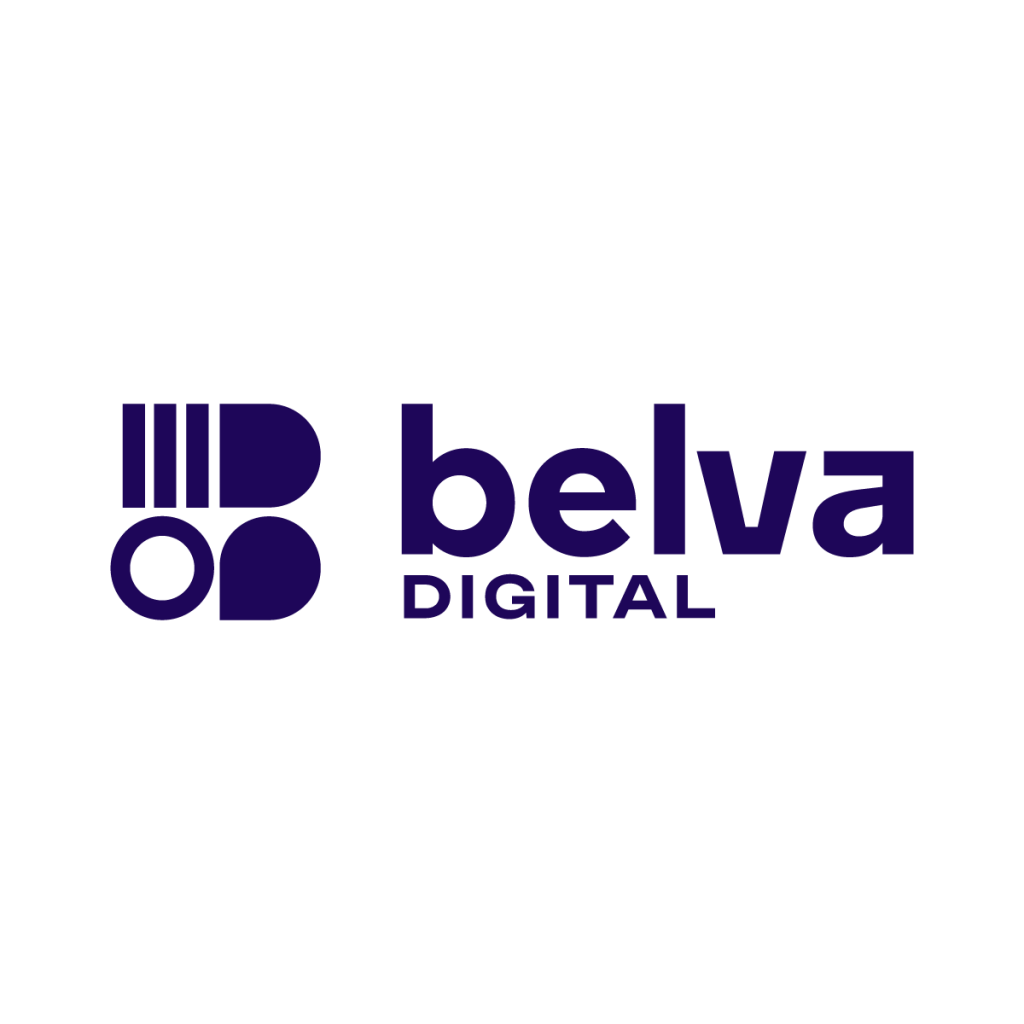Kenyans love the World Wide Web. Even late adopters are fully embracing it for answers and business solutions. As it turns 25 this year, here are some interesting facts about Kenya on the Web.
1. The most visited website is – you guessed it – Google. Kenyans just love finding out! Second site – you also guessed right – Facebook. Let’s just say Kenyans are pretty social folks. Third site; YouTube. Oh yes, we all love videos. Who needs TV anymore when you can catch your favorite show at your convenience? Yahoo and Google’s local site, google.co.ke take fourth and fifth place. It’s official. Kenya is a searching nation!
2. The most popular Kenyan website in terms of traffic is Standard Digital, followed by Daily Nation. News, news. Kenyans want to know what is going on around them especially matters in politics. The third site is OLX. Yep. Kenya is clearly embracing online shopping full throttle. The fourth site is, Kenyan Daily Post. We all love a little sensational story every now and then. The fifth position goes to Capital FM. Again, news.
3. According to research by iHub, 99% of access to the Internet in Kenya is through the mobile web. It notes that mobile access to the web includes that on modems since they use mobile phone SIM cards and any other device that runs on SIM cards. Clearly, anyone ignoring mobile Web right now is really off the mark.
4. The corollary to the above fact is that the leading mobile provider reaps big. Safaricom’s revenue continues to get a huge boost from non-voice services. Mobile data customer numbers surge as do data sales in billions of shillings. For instance, the number of mobile data customers grew by 52% to 8.5 million last year. In short, the Web is driving more than could have been anticipated in the mobile space in Kenya.
5. Last year, a Kenyan, Martin Akolo Chiteri joined nine others from around the globe in a project aimed at restoring the first website at The European Organization for Nuclear Research (CERN). This first website was all about the World Wide Web project and was hosted on Tim Berners-Lee’s NeXT computer which can still be found at CERN.
6. Kenya achieved the third highest overall ranking in the Web Index (among developing countries) after Philippines and Indonesia in 2013. The Web Index is a measure of the World Wide Web’s contribution to the development and fulfillment of the basic human rights of 81 countries. Kenya was also one of the biggest overachievers in terms of its Web Index rank being places ahead of its rank by per capita income. (It ranked 53 in Web Index, 68 in Income)
7. You know how the Web empowers you to express your opinion and even take action regardless of your social or economic status? Well, Kenya came out first in that empowerment category followed by the Philippines, Morocco, Senegal and India. All the government and non-governmental efforts to create empowerment online have not been in vain (though it is still a work in progress). Or probably Kenyans on Twitter (#KOT) had something do to with it. 😉
8. Teenagers also access the Internet via mobile Web. Cyber cafes are also common but due to the money and convenience factor, mobile phones are still preferable due to the unlimited offers by service providers. According to research carried out by UNICEF titled A (Private) Public Space: Examining the Use and Impact of Digital and Social Media Among Adolescents in Kenya, “The internet is most commonly accessed through mobile phones. Children and young people fluidly use mobile phones to switch between texting, calling and using Web functions to chat or search the internet. With new applications such as WhatsApp that use data and Wi-Fi services to text friends on your mobile phone’s contact list, the distinctions between using a mobile phone and using the internet are often hazy.”
9. In terms of locally useful information online, Kenya again takes a position in the developing countries category emerging second after Morocco. Bangladesh, Indonesia, and the Philippines follow in that order. Bloggers definitely have played their role in this regard.
10. You will never guess this but Brighter Monday is the 9th most popular Kenyan website. Whether it’s from its marketing efforts or not (Kazi Kwako is quite the catchy slogan), it is clear that Kenyans are looking for jobs and greener pastures often. Moreover, why waste a sole away tarmacking when you can actually find a job on the Web?
One thing is clear. In a population where mobile is synonymous with the Web, the government and other relevant stakeholders need to pay closer attention to the trend and create an enabling ecosystem for developers, content publishers and the common mwananchi. It must be a value-driven approach.
As I wrap up, it is clear the World Wide Web is helping Kenyans get information at their fingertips, buy and sell legitimately, find real jobs and even publish intellectual ideas. What has the Web helped you to do? Share with us!







